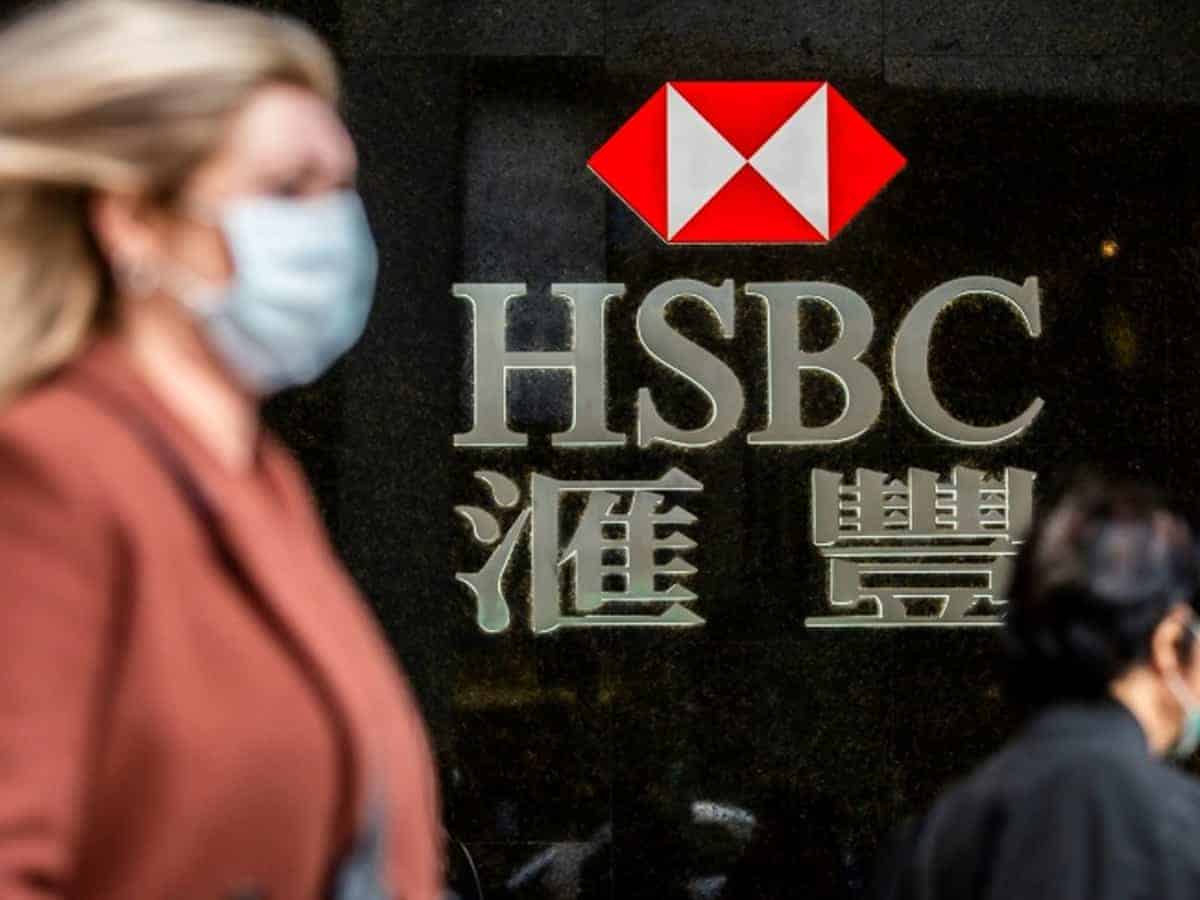LONDON: Asia-focused banking giant HSBC on Tuesday axed 35,000 jobs, far more than expected, and posted slumping annual profits, as it warned over the financial impact of the deadly coronavirus.
Pre-tax profits tumbled by a third to $13.3 billion (12.3 billion euros) in 2019 from a year earlier, largely owing to a $7.3-billion write-off related to its investment and commercial banking businesses in Europe.
The London-based lender added in a results statement that it hopes to cut its global workforce by 15 percent to 200,000 staff over the next three years. Commentators had expected 10,000 job cuts.
The radical overhaul comes as HSBC streamlines operations in the United States and Europe, although no details were given on where the axe would fall.
HSBC has been trying to lower costs as it faces a multitude of uncertainties caused by the grinding US-China trade war, Britain’s departure from the European Union and now the fatal new coronavirus in China.
‘Revised’ growth plan
“The group’s 2019 performance was resilient. However, parts of our business are not delivering acceptable returns,” said interim chief executive Noel Quinn.
“We are therefore outlining a revised plan to increase returns for investors, create the capacity for future investment and build a platform for sustainable growth.
“We have already begun to implement this plan, which my management team and I are committed to executing at pace,” Quinn added.
While its Asia business has done well in recent years — fuelled primarily by China — Europe and the US have disappointed.
Quinn, who took over as acting CEO after the shock ousting in August of John Flint, has been tasked with transforming the sprawling international bank, which spans more than 50 countries but makes the vast majority of its profit in Asia.
Turning to coronavirus, HSBC warned the deadly outbreak in China had impacted its outlook.
“We continue to monitor the recent coronavirus outbreak, which is causing economic disruption in Hong Kong and mainland China and may impact performance in 2020,” the bank cautioned.
The restructuring plans are the biggest shake-up since 2012, when HSBC was caught up in a Mexican money laundering scandal.
The bank said it was targeting $4.5 billion in cost cuts by 2022, with restructuring costs of around $6 billion.
Many of the cutbacks will be in the European and US investment banking sectors, while units in more profitable Asia and the Middle East would be bolstered.
In the US, the bank said it planned to reduce its branch network by around 30 percent, consolidate back and middle office activities and lower operating expenses by 10-15 percent.
For its non-UK Europe sector, the bank said it would “reduce our sales and trading and equity research in Europe and transition our structured products capabilities from the UK to Asia.”
Riskier assets would be reduced by 35 per cent in Europe and 45 per cent in the US. Overall, the bank said it hoped to achieve a lower adjusted cost base of $31 billion or below in 2022.
Bright spot
The disappointing results sent HSBC’s shares sliding five percent in London and by 2.2 percent in Hong Kong, as it reported also a loss before tax of $3.9 billion in the fourth quarter.
The bright spot for HSBC remains Asia, which has accounted for half of its revenue and 90 percent of the group’s profit in recent years.
Adjusted profit before tax in Asia last year was up six percent to $18.6 billion.
Even in Hong Kong, which was battered by months of seething pro-democracy protests last year, the banking giant posted a five percent increase in adjusted pre-tax profit to $12.1 billion.
Tuesday’s statement gave little clarity on whether Quinn would get the CEO job full time, saying a permanent chief would be appointed within six to 12 months.

